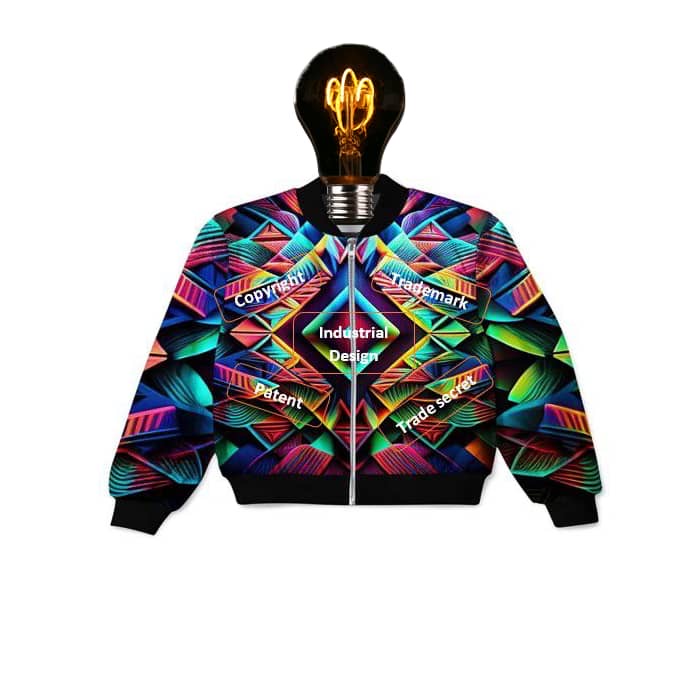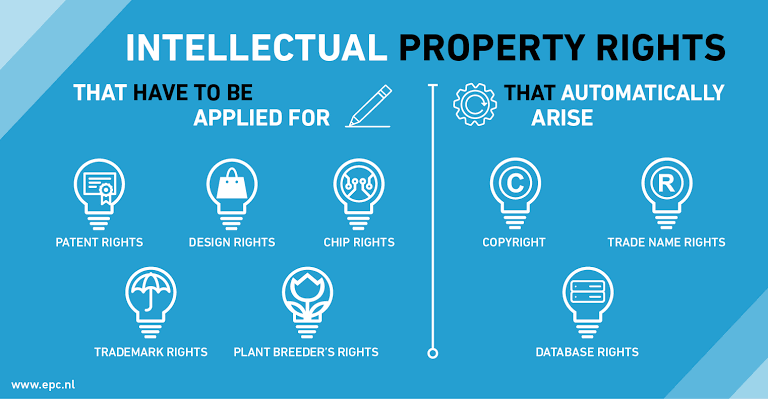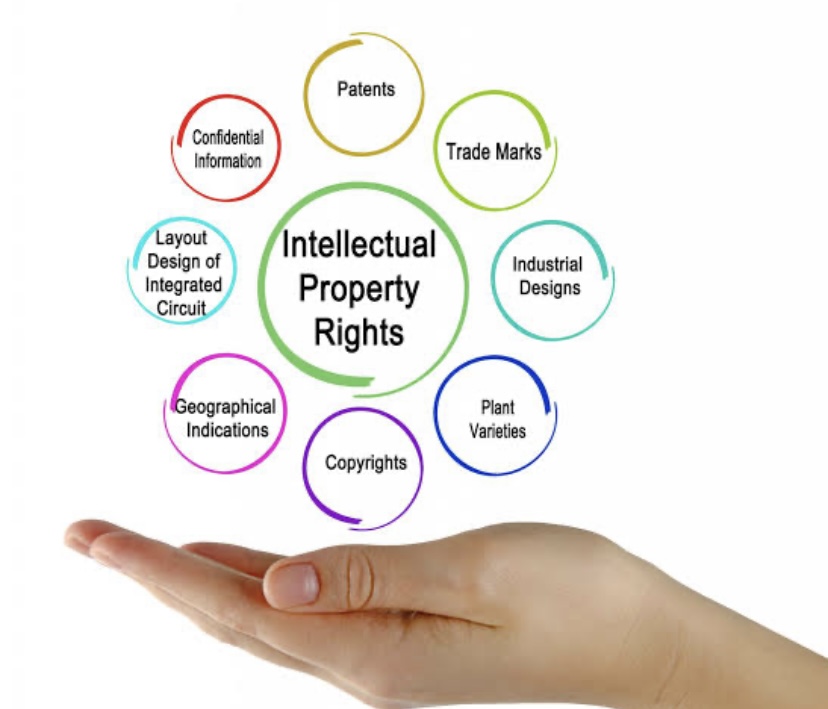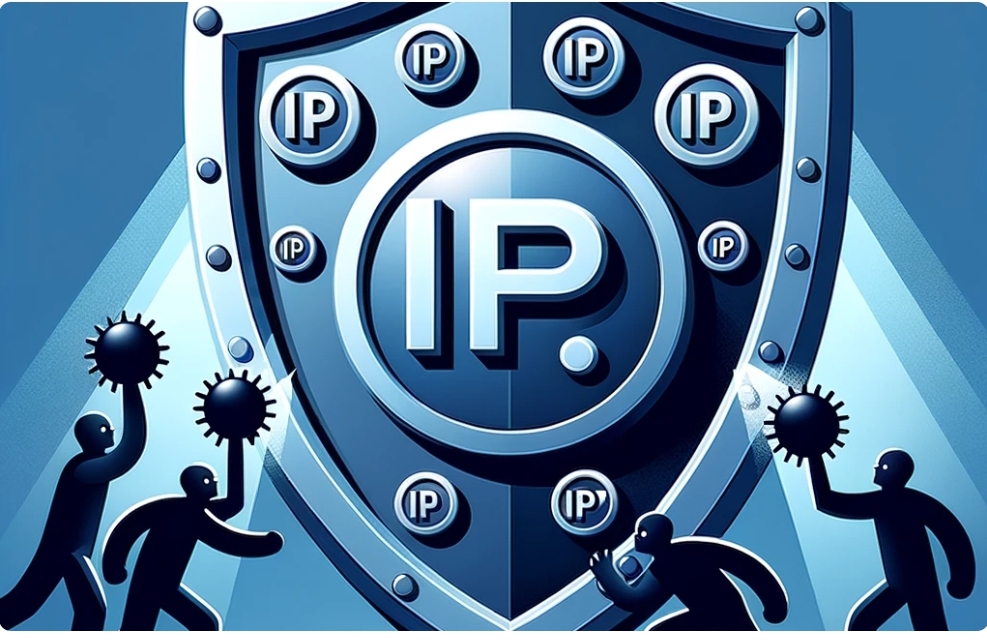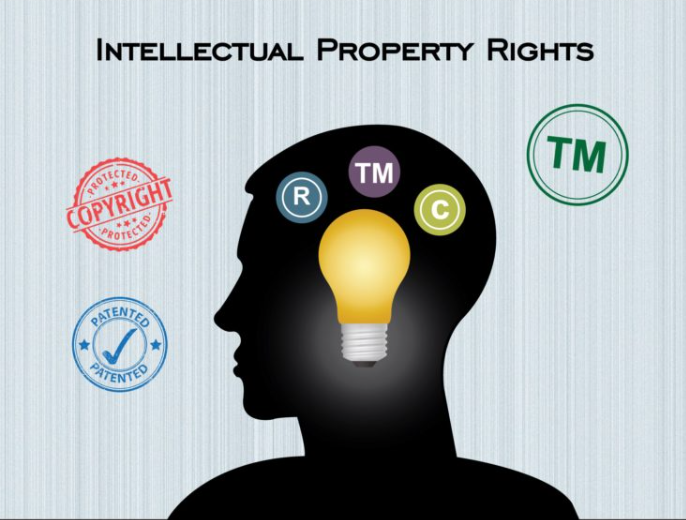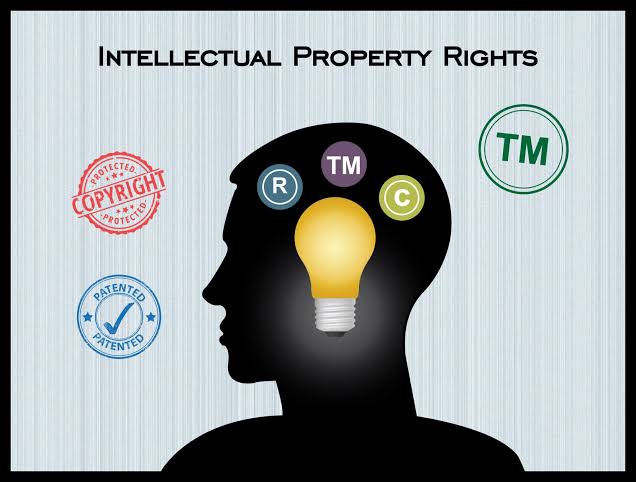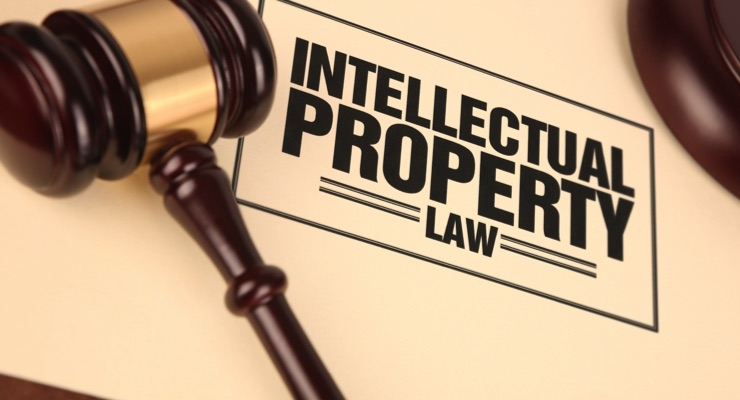
1.0 INTRODUCTION
Think about Tara Fela Durotoye, Chimamanda Ngozi Adichie, Kofo Akinkugbe and a host of other creative Nigerian women who have made waves in the intellectual property industry. Women, even if uncelebrated, are rolling out creative inventions that are positively impacting lives worldwide and advancing human knowledge and development. In diverse fields in the sciences, arts and humanities, women are pushing the frontiers of creativity and innovation. While many of such women stand out and have been duly accorded their places in the history books, one or two such women perhaps bear recounting here. Nigeria boasts of a long list of women who are making bold statements in entrepreneurship, innovation and creativity. Nigerian-born lawyer, Tara Fela Durotoye, is today Africa’s leading beauty and makeup entrepreneur. Having established the House of Tara way back in 1998, she subsequently launched the first ever bridal directory in Nigeria in 1999, and followed up with the country’s foremost beauty academy in 2004. Well before she established Ebony Life TV, Mo Abudu had emerged the most renowned media personality and talk show host in Africa. Her talk show programme, Moments with Moa, was a go-to platform for a wide spectrum of eminent people in different fields from across the world. Once described as Africa’s most Successful Woman by Forbes, Abudu today uses Ebony Life TV to beam the African narrative to the world, with astonishing success. SecureID is today a globally respected brand in the field of smart card technology and digital security. SecureID Nigeria Limited was founded by Kofo Akinkugbe in demonstration of creativity by women.
At MTN Nigeria, there is no glass ceiling of any sort as every employee has the opportunity of reaching the summit of the organization. For the womenfolk, their presence at the top is exemplary in driving attainment of the company’s goals. Among them are Chief Enterprise Business Officer, Lynda Saint Nwafor (formerly Chief Technical Officer); Vice President, MTN Group, Oyeronke Oyetunde; General Manager, Enterprise Marketing, Onyinye Ikenna-Emeka; General Manager, Corporate Affairs, Omasan Ogisi; and General Manager/Executive Secretary, MTN Foundation, Nonny Ugboma.
According to the World Intellectual Property Organization (WIPO), Intellectual property refers to creations of the mind such as inventions; literary and artistic works; and symbols, names and images used in commerce. It can also be defined as an intangible or incorporeal legal right in the nature of a chose in action, that caters to the creative efforts of individuals and institutions, as well as the regulation and protection of those rights vis-à-vis the owners thereof and third parties. The major sub-sets of Intellectual Property rights include but are not limited to: Copyright & Allied Rights, Trademarks and Trade Names, Patents and Designs, Trade Secrets and Commercially sensitive information, Entertainment and Media Art and Sports.
2.0 THE ROLE OF IP IN FEMALE CREATIVITY
Intellectual Property Rights foster creativity and innovation. They help stimulate research, development (R&D) and the diffusion of knowledge. In addition, IPR's protect business interests and provide revenue through licensing and assignments. Primary IP rights allow creators or owners of patents, trademarks or copyrighted works to benefit from their own work or investment in a creation. These rights are outlined in Article 27 of the Universal Declaration of Human Rights, which provides for the right to benefit from the protection of moral and material interests resulting from authorship of scientific, literary or artistic productions. There is a huge shift in global economic structures, with many countries beginning to transition to knowledge-based economies. An efficient and equitable intellectual property system can help countries realize IPRs potential as a catalyst for economic development and social and cultural well-being.
3.0 IP Techniques for Female Inventors/Creators in Nigeria
To protect Intellectual Property in Nigeria, Inventors/Creators need to register their creations or innovation with the appropriate regulatory authorities. For example, copyright owners are advised to register their creations on the Nigerian Copyright Commission's (NCC) online database. Although copyright registration is not compulsory, it provides a convenient tool for proving ownership, date of creation and other ancillary information relating to copyrighted material. Copyright owners/authors must read agreements carefully to avoid unintentional transfer of rights. It is also important for copyright and trademark owners to retain the services of a lawyer to conduct constant market watch, identify infringing goods and employ necessary legal steps to deter unlawful distribution of infringing materials. Creators and inventors should also register their brands with the Trade Marks, Designs and Patent Registry in Nigeria. The initial registration is valid for 7 years and subsequent renewals are valid for 14 years. Trademark registration rights can last indefinitely provided the owners continue to use them and they are renewed up to date. Inventors should register patents for new (or improved) inventions which result from innovative activity and are capable of industrial application. Nigeria is not a patent examining country. This means that there are no substantive examinations of patents before they are granted. Patents have a 20-year validity in Nigeria.
4.0 RECOMMENDATIONS
4.1 Copyright
Copyright in an intellectual work is that exclusive right of the author of the original work to control or enable the doing of certain expressly stated acts in respect of the whole or substantial part of the work either in its original form or in any other recognizably derived from the original form but subject to certain statutory exceptions.
Copyright is governed by the Copyright Act Cap 68, Laws of the Federation of Nigeria, 2004. Section 1(1) (a-f) of the Copyright Act provides for works protected by copyright which include; literary works, musical works, artistic works cinematograph films, sound recordings broadcasts. In Hawkes & Son (London) Ltd v Paramount Film Service Ltd, the court held that "infringement of copyright occurs when a substantial, a vital and an essential part of a work is copied". In Gyles v Wilcox, it was ruled that " a fair abridgment of a work is not a copyright infringement ".
4.2 Trademarks
A Trademark is any mark, sign, or combination thereof that the owners' design to identify their product and differentiate it from other manufacturers' products, especially competitors. There is a peculiar measure of identity associated with your goods. Section 67 of the Trademarks Act Cap T3, Laws of the Federation of Nigeria 2004, defines a trademark as: A word, letter, label, numeral, colour, signature, device or any combinations of words, letters, labels, signatures that identify and distinguish the source of the goods or services of one manufacturer from those of others in the course of trade.
4.3 Patents
Patents law is channeled towards protecting inventions that extend to things like machines, devices, chemical compositions, and manufacturing processes. The Patent & Designs Act Cap P2, Laws of the Federation of Nigeria 1988, outlines conditions for an invention to be deemed patentable. According to section 1(1) of the Patent & Designs Act, an invention is considered patentable if it meets the following conditions; It must be new, It must be the result of an inventive step; and It must be capable of industrial application.
4.4 Industrial Design
Section 12 of the Patents & Designs Act, industrial designs are created as models or patterns to be multiplied by an industrial process and not intended to achieve a technical result, i.e., relate to or improve on the functional feature of a product without which the product cannot perform its functions.
5.0 CONCLUSION
Intellectual property rights are intended to help foster innovation. Women inclusion in intellectual property system would ace and fine tune effective intellectual property system in Nigeria. The orientation of intellectual property laws would also ace the knowledge and efficacy of legal intellectual property in general.
REFERENCE
Alabi, N. (2018). Women as drivers of innovation and creativity. This day live. Accessed April 1st, 2024.
https://www.thisdaylive.com/index.php/2018/04/27/women-as-drivers-of-innovation-and-creativity/amp/
Okojie, Y. (2018). Powering change-women in innovation and creativity. Mondaq. Accessed April 1st, 2024.
https://www.mondaq.com/nigeria/trademark/707464/powering-change--women-in-innovation-and-creativity--okojie-owoyemi
Garrick, N.J. (2021). Intellectual property in Nigeria: a summary of protectable rights in Nigeria. Mondaq Ltd. Accessed April 1st, 2024.
https://www.mondaq.com/nigeria/trademark/1112730/intellectual-property-in-nigeria-a-summary-of-protectable-rights-in-nigeria
CASELAWS
1.HAWKES & SON (LONDON) LTD V PARAMOUNT FILM SERVICE LTD (1934) ENG. REP 48C
2. GYLES V WILCOX (1740) S ATC 143. 26






